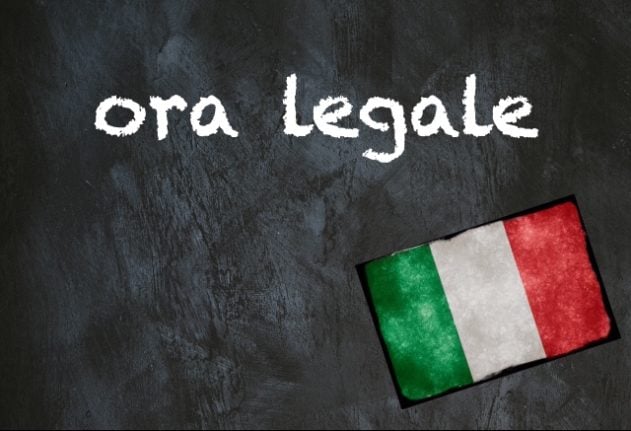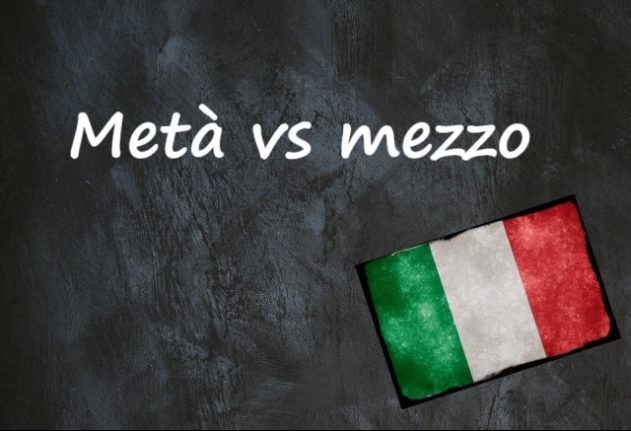If you’re in Italy this weekend, you’ll find yourself running on ‘legal time’.
L’ora legale (‘legal time’), or what we’d call daylight savings time, is what Italy – along with the rest of Europe – switches to in summer.
The phrase is used to differentiate from l’ora solare: ‘solar time’, also known as standard or winter time.
While l’ora solare isn’t true solar time, calculated by the movement of the sun in the sky, it’s closer to it than l’ora legale, when we’re deliberately out of sync by an hour in order to give ourselves an extra hour of daylight in the evening.
Typically l’ora legale lasts for seven months between late March and late October, while l’ora solare is in place throughout the winter.
The clocks go forward (avanti) in spring, while in autumn they go backwards (indietro).
This year the switch falls on Sunday, March 28th, with clocks going forward at 2am and costing us an hour in bed.
Fra poco si passa all’ora legale: dovremo portare le lancette un’ora avanti.
Soon we’ll go back to summer time: we have to put our clocks forward an hour.
Note that ora is the word for both ‘time’ and ‘hour’ in Italian: you can usually tell the difference by whether it’s used with the definite article (l’ora, ‘the time’) or the indefinite (un’ora, ‘an hour’).
Potentially l’ora legale could be on its way out: the EU has said that each member state is free to get rid of the clock changes and stick to either winter or summer time all year long.
Italy hasn’t yet decided which ora it will pick, or indeed whether it will keep them both.
Do you have a favourite Italian word you’d like us to feature? If so, please email us with your suggestion.



 Please whitelist us to continue reading.
Please whitelist us to continue reading.
Member comments